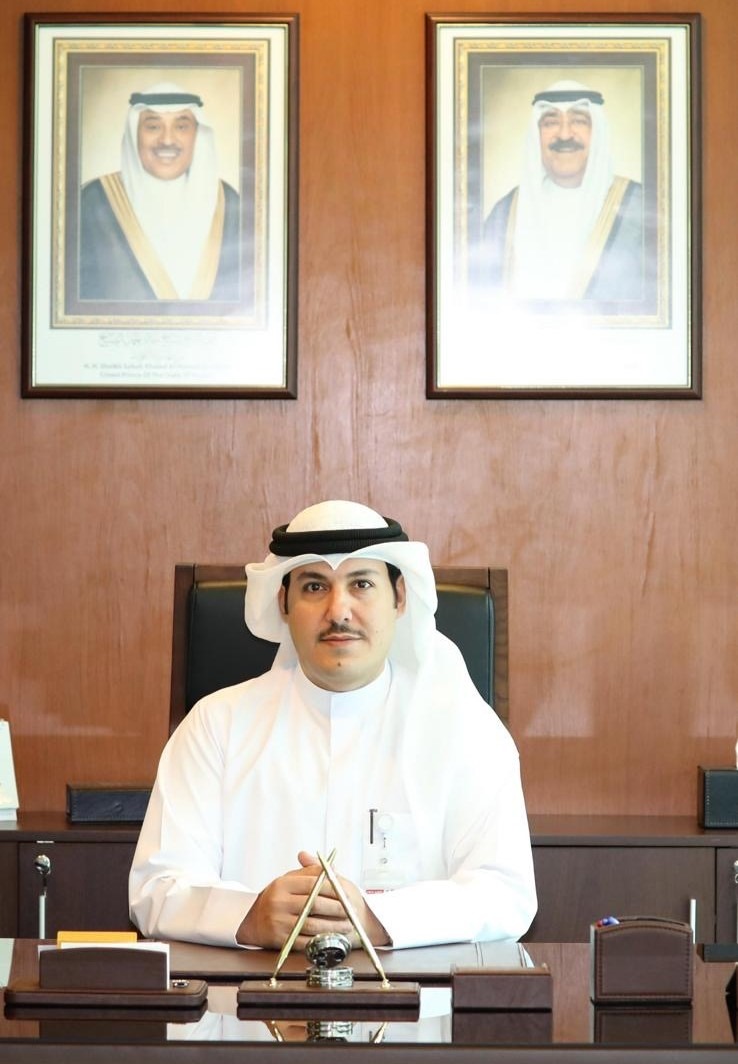PACA strengthens oversight to protect passengers, curb online travel fraud in Kuwait

- The authority currently maintains a database of 890 licensed offices and companies, including 728 travel and tourism agencies, 89 air cargo offices, and 73 airlines;
- Between January 1 and September 30, the Air Transport Complaints Department received approximately 3,012 complaints, many related to fraud and deception
- Common violations include selling counterfeit tickets through unlicensed intermediaries, charging hidden fees, or advertising fictitious travel offers at inflated prices.
- Passengers advised to verify bookings, retain invoices, and avoid payments through unknown links or to private individuals.
The Public Authority Civil Aviation (PACA) affirmed its ongoing commitment to monitoring the air transport market, detecting violations, and protecting passenger rights, particularly against online booking fraud.
Abdullah Al-Rajhi, Director of the Air Transport Department and Head of the Complaints and Arbitration Committee at PACA, told KUNA on Thursday that the authority oversees licensed offices and monitors unlicensed operations through collaboration between its Licensing and Complaints Departments, as well as reports from the public and licensed agencies.
Al-Rajhi added, that PACA investigates passenger complaints and raises awareness about manipulation and fraudulent practices through official channels.
The authority currently maintains a database of 890 licensed offices and companies, including 728 travel and tourism agencies, 89 air cargo offices, and 73 airlines.
Between January 1 and September 30, the Air Transport Complaints Department received approximately 3,012 complaints, many related to fraud and deception.
He highlighted emerging online fraud methods such as fake websites, fraudulent payment links, and misleading advertisements.
Common violations include selling counterfeit tickets through unlicensed intermediaries, charging hidden fees, or advertising fictitious travel offers at inflated prices.
Violators face financial and administrative penalties, license suspension or cancellation, and referral to investigative authorities, including the Public Prosecution and Ministry of Commerce and Industry.
PACA monitors unlicensed travel websites and social media daily, coordinates with the Communications and Information Technology Commission and electronic payment companies to disable fraudulent links, and encourages travelers to use only licensed agencies.
Passengers are advised to verify bookings, retain invoices, and avoid payments through unknown links or to private individuals.
Al-Rajhi added that the DGCA is enhancing oversight by developing electronic monitoring systems, expanding awareness campaigns, increasing fines, and making the database of licensed agencies publicly accessible through its official website.
The Complaints and Arbitration Committee continues regular meetings with all members representing official bodies to review complaints and act against violators.
Recent actions include 66 violations issued on October 22 against agencies breaching social media licensing rules and travel ticket regulations, with two individuals referred to the Public Prosecution, and fines imposed on eight agencies and one airline on November 13.
The authority reiterated its commitment to safeguarding passengers’ rights and ensuring that all travel dealings are conducted through licensed and accredited entities.












